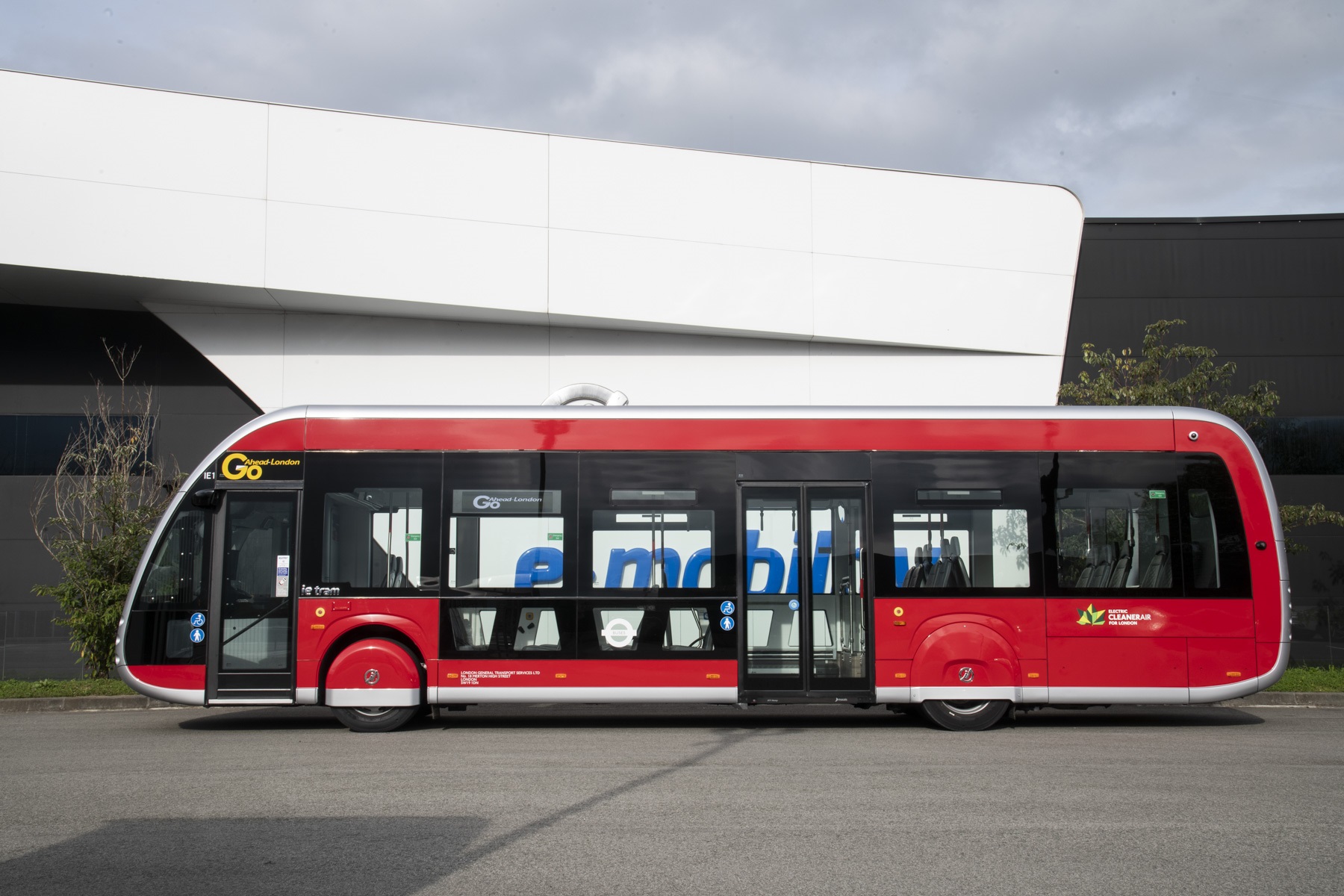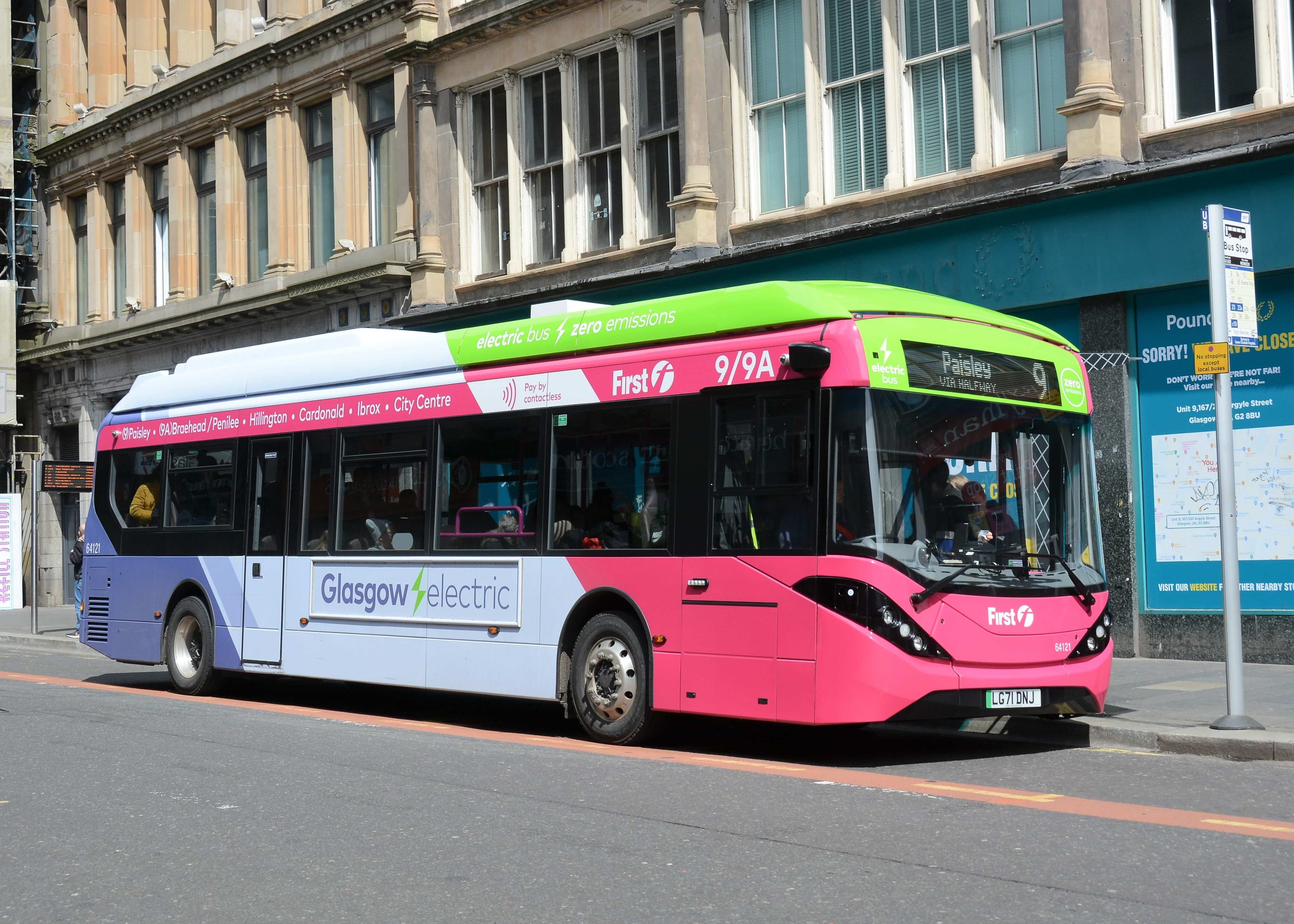Battery-electric bus charging options are developing just as quickly as the vehicle technology itself. A good charging strategy is critical to the successful operation of electric buses. In a regulated environment, where you are bidding for contracts based on best value, charging strategy can be the difference between winning or not.
It is also the area in which we as bus operators are facing the steepest learning curve. A short article like this will never be able to tell the full story, and like most people, I am still learning about it. However, I hope to be able to provide a flavour of the options and highlight some of the key considerations.
So, where do you start? Well, there is not a single answer to that. You can either see what power is available, and at what cost, and build your strategy from there, or you can determine the optimal operational strategy and see how much power you require to achieve that.
If we assume the latter, the first question becomes: How much energy is required to operate the intended mileage in a worst-case scenario on that particular route, or combinations thereof? At this stage, evaluation of the optimal vehicle choice will come into play.
Although this will no doubt change, the current mainstream option is overnight plug-in with various forms of top-up charge. Certainly, in my operation, pantograph is emerging as part of the top-up and opportunity charge strategy.
AC charging was the approach that was most likely to be the cheapest option. It is reliable, but it does, however, have limitations. The highest charge rate I am aware of at AC is 80kW (two charger guns at 40kW each), but not all AC-charged vehicles can handle that rate.
DC chargers are more expensive to purchase, but they deliver higher rates of charging. Most typically that is up to 150kW for plug-in, or a twin-lead 150kW charger can charge two buses at 75kW. Pantographs (DC) can commonly charge at more than 400kW. The rate at which a vehicle can actually receive charge is dictated by its battery management system and is often lower than the advertised maximum.
Working through the considerations above will inform how much power is required to deliver the chosen strategy. The energy demand can be spread over the available hours, so you can ordinarily manage the peak power requirement to a number lower than what it would be if everything was on charge at the same time.
Assuming that this work is being done for more than a handful of buses, it is most likely that power capacity will need to be bought. That will usually require the installation of a substation where the power arrives at a high voltage (11,000v or above), a transformer to reduce the intake voltage to 415v, and a sizeable low voltage switch panel arrangement to distribute the power to individual chargers.
That is not work for your ordinary electrical contractor. The provision of the power requires input from either your Distribution Network Operator (DNO) or an Ofgem-licenced Independent DNO. This all takes up valuable space in the garage, and installation can be disruptive, so careful consideration is required for the best and most cost-effective layout.
And all of this is work that needs to be done before you can take delivery of a bus…



























